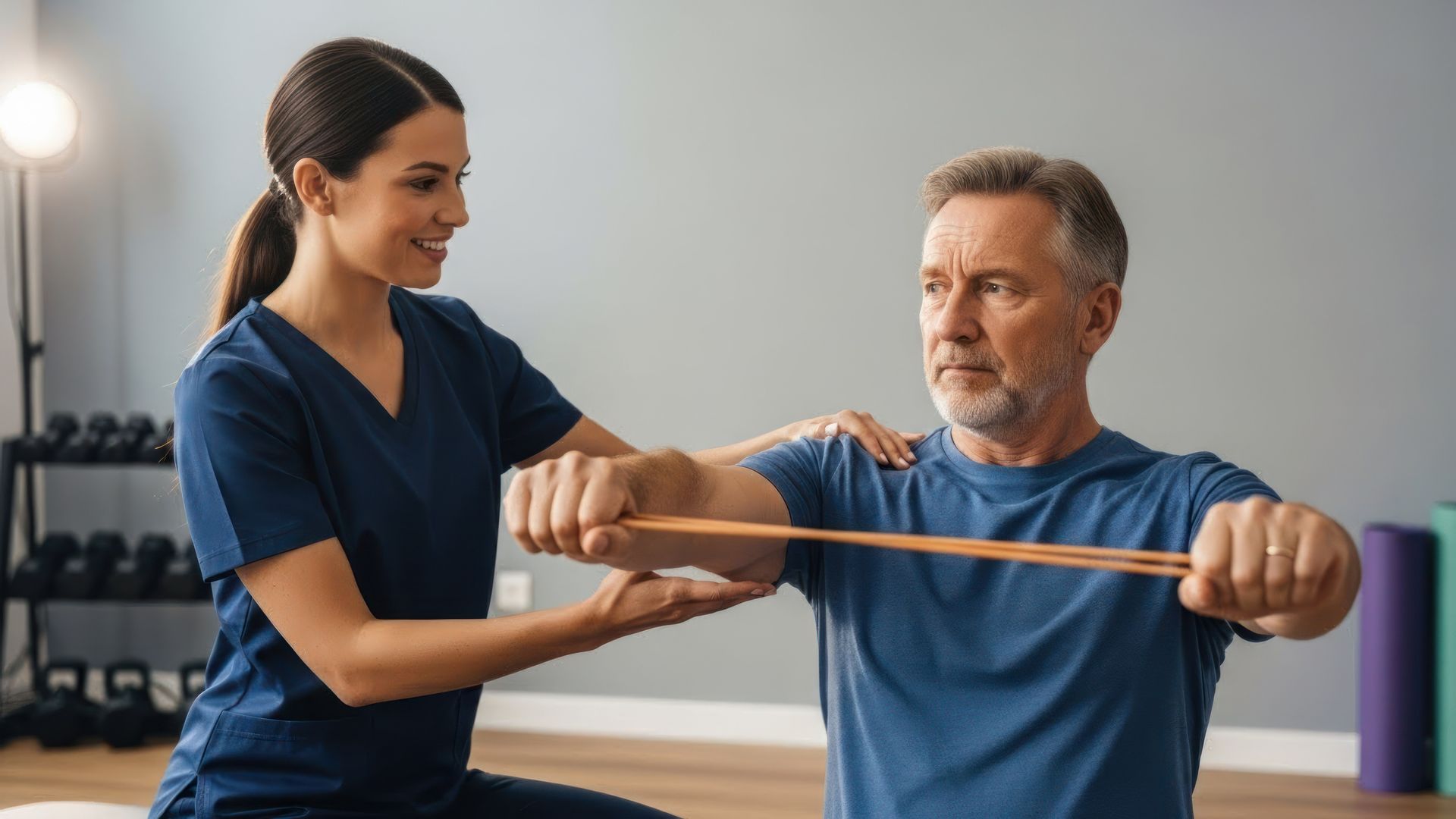Neuropathy: A Progressive Disease
Recognizing the stages of neuropathy and acting quickly to seek treatment can mean the difference between returning to health and losing a limb. Peripheral Neuropathy, like many chronic conditions, worsens over time, and the progressive stages of neuropathy are not always easy to recognize.
Stage One: Initial Numbness & Pain
As peripheral neuropathy starts, numbness and pain becomes prevalent in your hands and feet. This may begin as prickling and tingling and then spread upwards to your arms and legs. Your balance may be off and your strength may seem reduced.
Stage Two: More Consistent Symptoms
As you progress to stage two, your neuropathy symptoms will become more continuous and constant. Your pain and numbness become more obvious and may negatively affect your sleeping and daily activities. At this stage many people make an appointment with their doctor to seek help. The nerve damage at this stage is starting to progress and if left untreated can become irreversible.
Stage Three: Pain Increases
Pain at this stage is almost every day, and can be present during most hours of the day. You’ve likely tried pain medication to manage your neuropathy symptoms and find that it’s not working. This is because of the nerve damage that has occurred. If you get a cut or bruise on your foot or hand it often takes a very long time to heal. Coordination and falling become a risk.
Stage Four: Continuous Numbness
Quality of life is greatly reduced at this stage. You may be on multiple prescriptions and/or over the counter medications with minimal or temporary relief. We often hear that Neurologists will continually increase prescription medication dosages as the numbness and pain continues to progress and worsen.
Stage Five: Loss of Feeling
Nerve damage is severe at this stage. You’re likely unable to walk or have great difficulty walking, driving, and completing simple tasks that require balance and coordination. If you get a cut on your foot you could be at risk for serious infection or amputation. If you haven’t already, you need to seek help to treat the underlying condition and try to regenerate the nerves in your feet and/or hands.
At Chronic Care of Richmond we have treated hundreds of patients who have faced severe pain, burning, numbness, tingling, and loss of feeling in their hands and feet due to peripheral neuropathy. Our treatment plan is intense and targeted, and does not require medications or surgery. We’ve treated many people who’ve been told they are in stage four or five and that there’s no hope for improvement. Reach out to us to learn more and attend our free online webinar which discusses the details of our treatment program and how you can get a consultation and nerve evaluation at our clinic.




